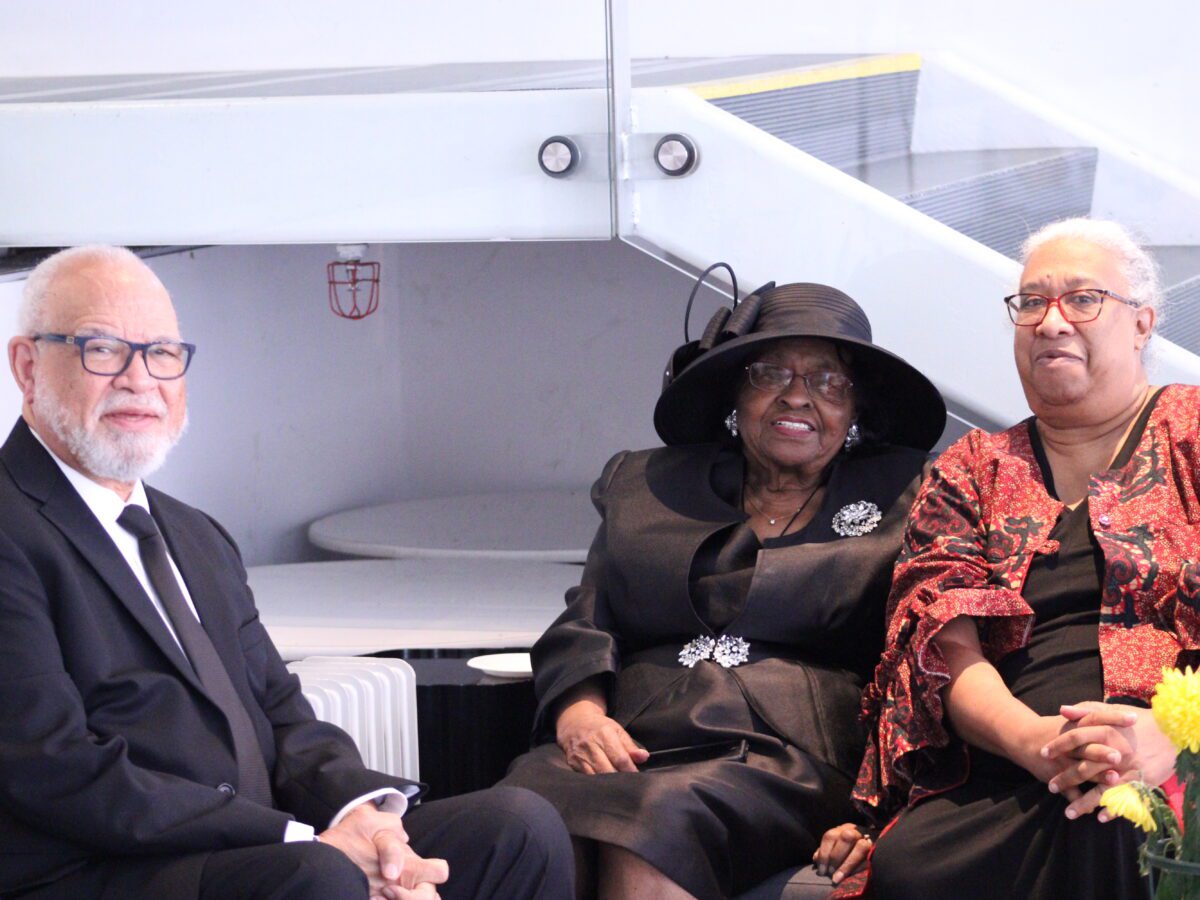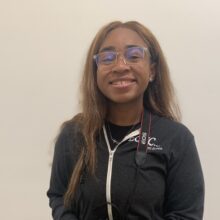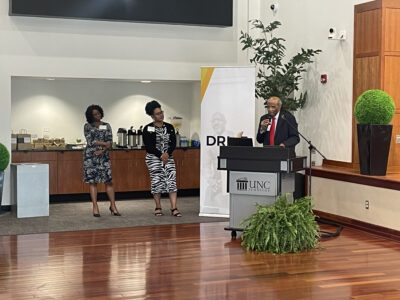

|
|
An exhibit honoring six Black North Carolinians who played formative roles in education, religion, and politics is coming to the Contemporary Art Museum in Raleigh in June.
Organizers Dr. Terrance Ruth and Ann McColl refer to the group as legends. They curated the honorees based on their relationships with them and the work that they have done in the community.
Ruth is an education consultant and assistant professor at North Carolina State University. He is also a former teacher and administrator for the Wake County Public School System. McColl is an attorney and state constitutional scholar, who has worked in the field of education law and policy since graduating from UNC Law School in 1991.
The concept, “The Elders Speak,” features the six advocates’ portraits mixing “beauty in the struggle,” according to the photographer Chris Wilson.
“All these Black elders have done extraordinary things throughout their lives you know in terms of equality,” Wilson said. “So I just wanted to do something that we felt that somehow could visualize their power and their beauty really.”
The elders
James Andrews
James Andrews is a U.S. Army veteran and retired president of the North Carolina AFL-CIO. He was inspired to advocate for civil and labor rights by his father.
Growing up, his family had personal ties to the NAACP. His uncle was shot by a police officer, and the organization took up his case to investigate the shooting. Later, his father would serve as the branch president, and Andrews eventually served as treasurer before he became involved with the labor movement.
“I had a real urge to do something with this faith walk and this civil rights walk, and I had no idea what that might be,” Andrews said.
Carmen Cauthen
Carmen Cauthen is an author and historian with expertise in Raleigh’s historically Black neighborhoods, having grown up in several of them herself.
Her parents, a pharmacist and a school teacher, were very involved in the community. Through them, Cauthen was inspired to learn from her elders and learned the importance of social justice.
“I learned that you have to speak up,” Cauthen said. “You have to speak up for yourself. You have to learn to maneuver everywhere you are, because you are the only Black child at school and you have to figure it out or get beat up, not just physically.”
Reverend Dr. James A. Forbes
Rev. Dr. James A. Forbes is a minister and educator raised in Raleigh. He said that his work has always been in the church and most of his life has been spent in one.
In additon to being a church leader he would often try to help the community related to things like educational opportunities, housing, transportation, and even garbage collection.
“My life as a pastor has always been pastor the souls, but also find what I can do for their bodies and their minds,” Forbes said.
Dr. Dudley Flood
Dr. Dudley Flood is a former educator and administrator at the state Department of Public Instruction who played a key role in desegregating schools across North Carolina.
Flood said that he was inspired by the concept of possibility. He felt that pursuing his dreams would open the possibility for others in his community to follow in his footsteps.
While barely seeing any other Black people when he got his doctorate at Duke University, Flood decided that he should undergo the uncomfortable experience to make it more comfortable for people coming after him.
“When you generate the possibility and have them generate the possibility and change that narrative is what grabs me,” Flood said.
Dr. Dumas Alexander Harshaw Jr.
Dr. Dumas Alexander Harshaw Jr. is the recently retired pastor of First Baptist Church Raleigh. He has spent over four decades studying and teaching the Bible and systematic theology at several universities throughout the Research Triangle and across the country.
As a preteen and teenager, he said much of his focus was on typical things like football, but he listened to leaders in the Black Panther Party, Bobby Seale, Malcolm X, Martin Luther King Jr., and others for guidance.
“This notion of developing community, working together and standing on the shoulders of those who have preceded us and understand our fore-parents by not only what they lived for but what they died for, what is making sure that our children knew how to read and write and the vote and public education say in that process,” Harshaw said.
Mary E. Perry
Mary E. Perry served as president of the Wendell-Wake County branch of the NAACP for 41 years. She was also elected as the first African-American chair of the Wake County Democratic Party.
When she first became involved as a voting rights activist, very few Black people had cars and were able to get around, she said, but she was inspired by people in her community to help find a way.
“Every time you get the opportunity, you go out and you vote,” Perry said. “We had to go out and do our part and get involved.”
Closing the gap between generations
Once the exhibit is unveiled, Ruth sees it as an opportunity to put the group in front of an audience and engage them in the work they are doing around the community. He also believes that it will remove a barrier that can be caused by ageism.
“I think this audience should remember that we sit on the shoulders of elders, that one day you will be elders as well, and hopefully your work can be celebrated,” Ruth said.





